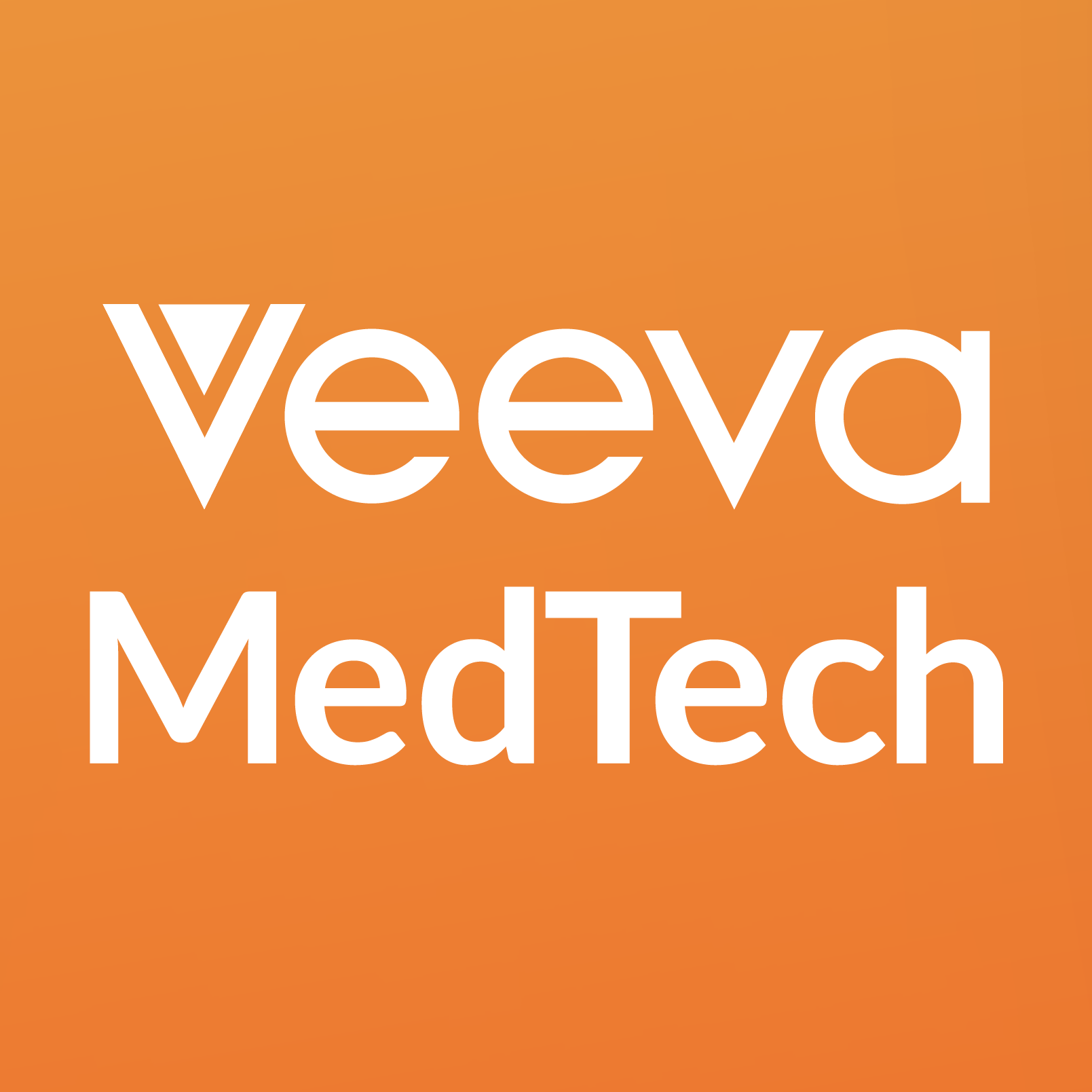
AI is Rewriting The Rules of Real-World Data.
At Artificially Real, we explore how life sciences leaders are using modern AI to turn scattered real-world data into strategic clarity.
The future of insight isn’t coming—it’s already here.

AI In Use: Patient Journey Tracking —
AI is transforming how life sciences executives understand and act on patient journeys. By integrating disparate real-world data (e.g. EHRs, claims, diagnostics, labs), AI can assemble complete timelines, revealing key intervention points, therapy switching patterns, and adherence risks. This article explores a five-stage pipeline, compliance considerations, and real-world use cases for optimizing therapy strategies, clinical trials, and patient engagement.
Veeva Systems (NYSE: VEEV) today announced findings from the 2025 Veeva Medtech Regulatory Affairs Benchmark, revealing that 50% of respondents lack full confidence in the completeness of their underlying data for global product registrations. Many organizations are manually reconciling data to ensure regulatory compliance, increasing the administrative burden for regulatory affairs teams.
With the rise of new technology to streamline and automate regulatory processes, high data quality is paramount for medtech innovation. When considering effective AI implementation, only 17% rate their regulatory data quality as excellent, with the remainder categorizing it as average or worse.
Unraveling MCPs for Life Sciences
This article introduces Modular Component Pipelines (MCPs) as a foundational architecture for building scalable, transparent, and compliant LLM-powered systems in life sciences. Rather than relying on monolithic AI solutions, MCPs break down complex workflows into discrete, reusable components — such as data ingestion, normalization, prompt engineering, model routing, inference, validation, and feedback.
Key benefits include:
Agility to swap or update components independently
Transparency for regulatory compliance and quality assurance
Reusability across trials, therapeutic areas, or data types
The article highlights common MCP modules, shows how they enhance real-world data (RWD) workflows, and outlines high-impact use cases like patient timeline generation, trial matching, and literature surveillance. It makes the case that MCPs are essential to operationalize AI in life sciences — turning LLMs from experimental tools into enterprise-grade platforms.
Ario Health supports life sciences companies in designing and implementing MCP-based architectures to unlock the full potential of real-world data and generative AI.
Article 6 – Series Summary
From Ario Health’s “Building Smarter Life Sciences LLMs” series
Summary – Bringing It All Together To Deploy AI
This summary article brings together the full Building Smarter Life Sciences LLMs series—offering life sciences IT leaders a practical roadmap to design, deploy, and govern large language models with confidence. Covering architecture, components, integration, lifecycle management, and compliance, it’s your strategic guide to turning LLM potential into real-world value.
Article 5 – Compliance & Data Privacy
From Ario Health’s “Building Smarter Life Sciences LLMs” series
As life sciences organizations scale large language models (LLMs), ensuring compliance and data privacy becomes a critical success factor.
Article 5 of Ario Health’s Building Smarter Life Sciences LLMs series focuses on how life sciences organizations can ensure compliance and data privacy when deploying large language models (LLMs).
The article outlines key strategies for embedding privacy-by-design, aligning with HIPAA, GDPR, and global regulations, monitoring for sensitive data leakage, implementing role-based access controls, and maintaining audit-ready documentation.
Packed with real-world use cases and expert tips, this guide helps IT leaders build LLM solutions that meet the highest standards for trust, transparency, and regulatory alignment—without slowing innovation.
Ideal for pharmaceutical, biotech, and healthcare AI teams looking to scale responsibly.






AI In Use: Patient Journey Tracking —
Discover how AI empowers life sciences executives to link claims, diagnostics, EHR, and lab data into cohesive patient journey timelines. By applying advanced data linking techniques and LLMs, companies can build accurate, scalable views of patient experiences. These insights help Medical Science Liaisons (MSLs) deliver targeted, evidence-based education to physicians, address knowledge gaps, and strengthen provider trust. Learn how AI-driven patient journey mapping enhances physician engagement, accelerates adoption, and aligns business strategy with real-world outcomes.